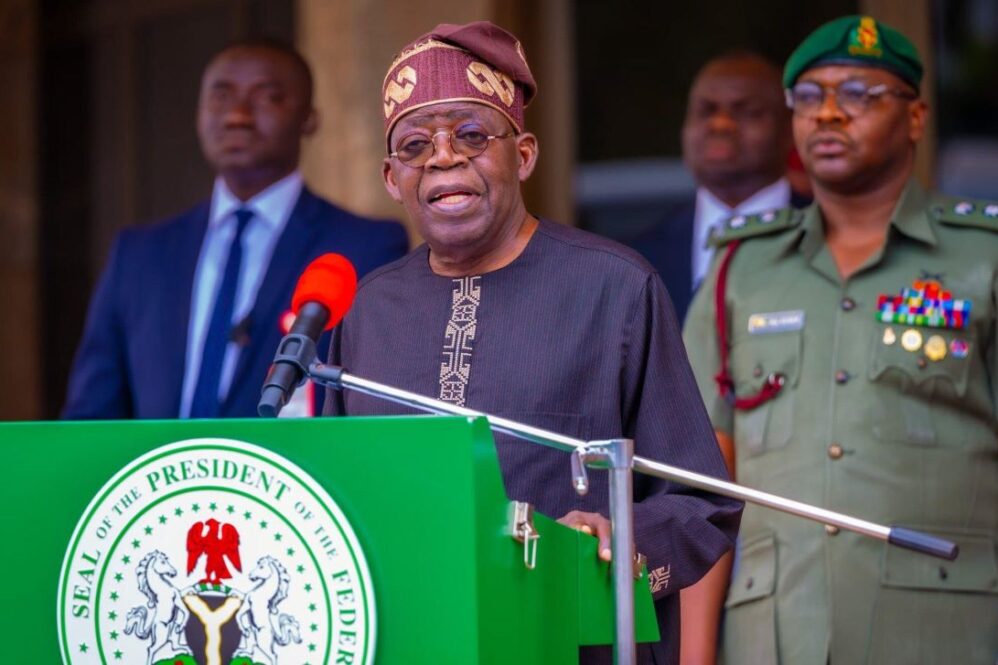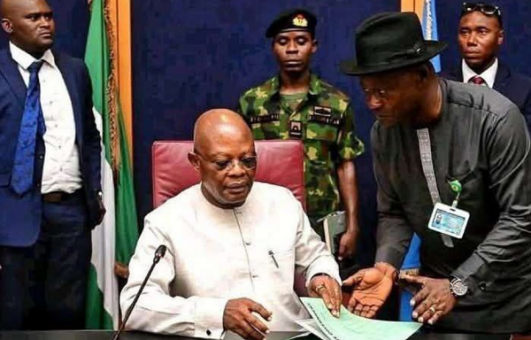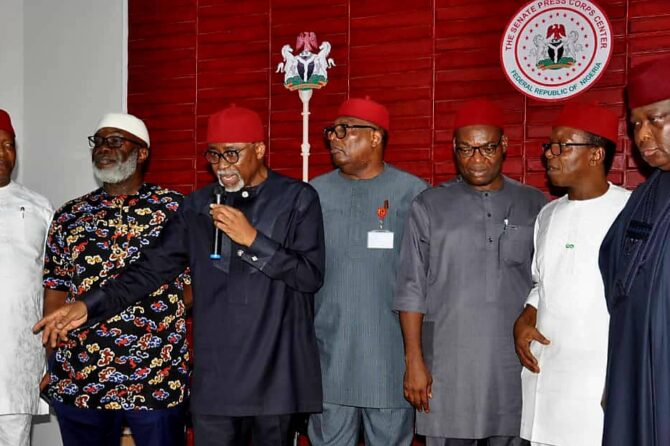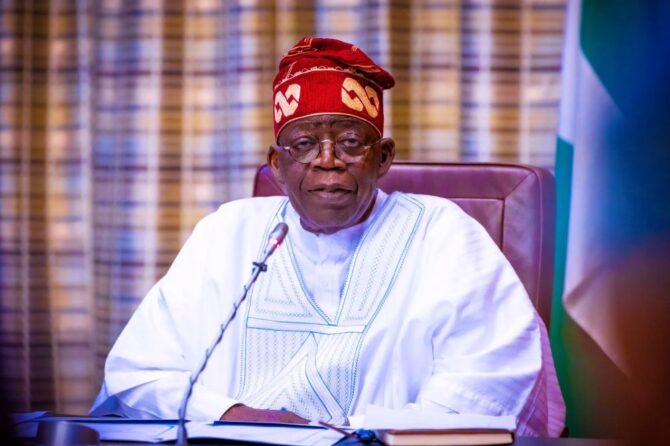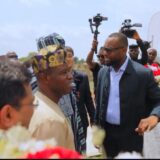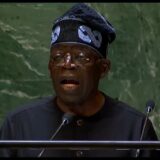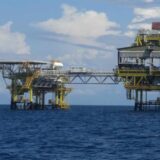President Bola Tinubu Marks Two Years in Office, Highlights Economic Reforms and Security Gains
Abuja, May 29, 2025 – President Bola Ahmed Tinubu commemorated the second anniversary of his administration with a nationwide broadcast, highlighting significant economic reforms and security progress made since he assumed office in May 2023. Despite acknowledging the hardships Nigerians have faced, Tinubu insisted that the “worst is behind us” and that the reforms are stabilizing the economy and laying the foundation for sustainable growth.
Economic Reforms and Fiscal Progress
Tinubu emphasized that the removal of decades-long fuel subsidies and the unification of multiple foreign exchange windows were critical, albeit painful, steps to avert a looming fiscal crisis that would have led to runaway inflation, external debt default, fuel shortages, and a collapsing naira. He noted that Nigeria’s fiscal deficit was cut sharply from 5.4% of GDP in 2023 to 3.0% in 2024, and foreign reserves rose from $4 billion in 2023 to over $23 billion by the end of 2024.
The President highlighted improved revenue generation, with Nigeria recording over ₦6 trillion in revenue in the first quarter of 2025. He also pointed to the discontinuation of ‘Ways & Means’ financing, which had contributed to inflation, and repositioning the Nigerian National Petroleum Company (NNPC) as a net contributor to the Federation Account following subsidy removal and local refining efforts.
Tinubu announced zero Value Added Tax (VAT) on essential commodities such as food, education, healthcare, and rent to ease the tax burden on households. He also introduced targeted tax incentives to stimulate growth in manufacturing, agriculture, and technology sectors, alongside plans to establish a Tax Ombudsman to protect vulnerable taxpayers and small businesses.
Economic Indicators and Sectoral Developments
The President reported that inflation, while still elevated, is easing, with staple food prices like rice beginning to decline. Real GDP growth reached 4.6% in the fourth quarter of 2024, with a full-year growth of 3.4%, marking one of Nigeria’s strongest performances in a decade. The oil and gas sector has seen a quadrupling in rig activity since 2021, attracting over $8 billion in new investments.
Tinubu also highlighted diversification efforts, including revitalizing the solid minerals sector by shifting from raw extraction to value-added processing. The health sector has been strengthened with over 1,000 primary health centres revitalized and more than 5,500 undergoing upgrades under the Renewed Hope Health Agenda. Six new cancer treatment centres are being established, with three already operational, alongside expanded health insurance coverage and free maternal health initiatives.
Social and Youth Empowerment Initiatives
The administration has expanded social investments and youth empowerment programs, focusing on skill development and economic opportunities. Initiatives like Innovate Naija and the NASCAV drone program aim to position young Nigerians at the forefront of national transformation. Tinubu also praised the National Agency for Science and Engineering Infrastructure (NASENI) for advancing digital-first industrialization, including launching electric vehicle assembly lines and Africa’s most advanced diagnostic kit factory2.
Security Gains and Challenges
On security, Tinubu acknowledged progress in reducing banditry in the northwest and improving safety on highways, allowing farmers to return to their fields. However, he admitted that insecurity remains a serious concern, with attacks and kidnappings persisting in parts of the country. The President reaffirmed his administration’s commitment to securing lives and property, stating, “Every Nigerian deserves to live without fear”25.
Public Reception and Ongoing Challenges
While Tinubu’s reforms have been praised for stabilizing the economy and improving fiscal health, many Nigerians continue to face economic hardship, including high food prices, unemployment, and a weakened currency. Inflation remains above 20%, and public confidence in the government’s economic management is mixed.
Conclusion
President Tinubu concluded by thanking Nigerians for their patience and resilience, emphasizing that the administration is building a stronger, more inclusive Nigeria. He declared confidence that the country is on the right path toward socio-economic development and shared prosperity.


